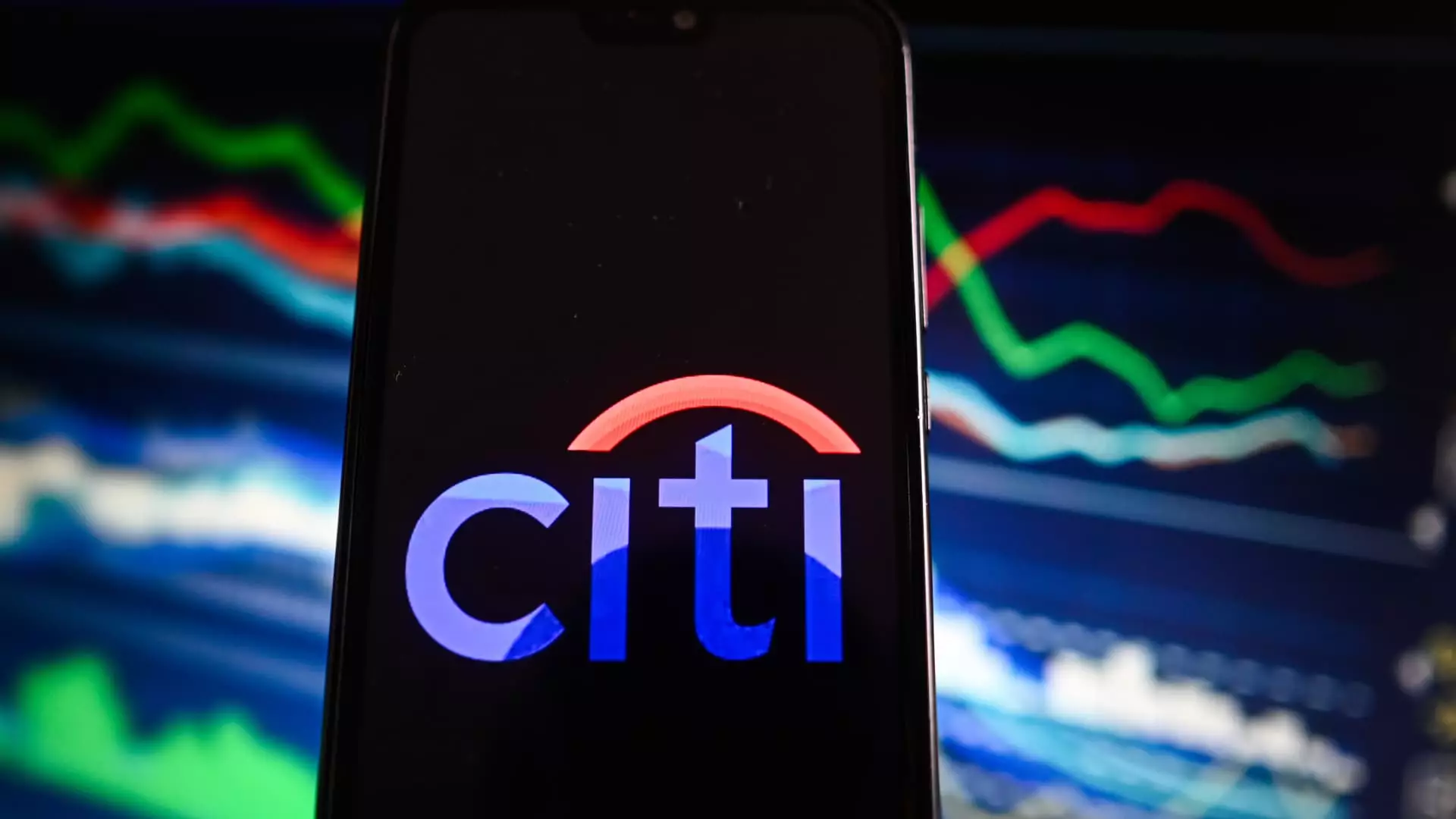The financial market is a complex entity, often swayed by political events that influence investor sentiment. Recent trading sessions have illustrated this perfectly, with shares of major banking institutions experiencing significant increases following the early projections of Donald Trump emerging victorious in the presidential race. This analysis will delve into the implications of such political developments on the banking sector, investor behavior, and the broader economic landscape.
In the wake of Trump’s electoral lead, banking stocks exhibited robust performance. Citigroup’s shares surged approximately 5% in after-hours trading, while Bank of America experienced more than a 3% increase. Similarly, Wells Fargo and Goldman Sachs each posted gains exceeding 2%. This uptick can be attributed to market speculation surrounding the favorable economic policies anticipated under a Trump administration, particularly regarding deregulation in the financial sector.
Traders and investors are always on the lookout for changes in the regulatory environment that could enhance profitability for banks. The notion that a Trump presidency would lead to reduced oversight and regulatory burdens creates an optimistic atmosphere for investors willing to bet on the future of these financial institutions.
Analysts, like TD Cowen’s Jaret Seiberg, suggest that a Trump presidency could ease restrictions imposed by the Consumer Financial Protection Bureau (CFPB). Historically, the CFPB has enforced rigorous regulations on financial products and services to protect consumers. However, under a Republican administration, there is potential for these mandates to be rolled back, which may benefit banks aiming for higher profit margins. Such deregulation often translates to lower capital requirements and more flexible operational guidelines for financial institutions, thus enhancing their profitability.
Moreover, the prospect of an administration that favors deregulation could also extend to trading policies. If regulations around credit card late fees and cryptocurrency trading were to remain stable or even loosened, banks could see a significant boost in their trading activities. This is a positive indicator for investors, as it signals a potential for increased revenue streams amidst a changing regulatory framework.
However, despite the optimism surrounding bank stock performance, there are notable risks associated with Trump’s potential policies that warrant caution. Elements such as tariffs and immigration enforcement could induce inflationary pressures that might mitigate the positive effects of financial deregulation. The interplay between trade policies and economic growth cannot be overlooked, as unpredictable tariffs could disrupt supply chains and impact overall economic stability.
While the initial response of banking stocks to Trump’s lead in the presidential election paints a picture of optimism, it is vital for investors to remain aware of the broader implications of his administration’s policies. The potential benefits of deregulation must be weighed against the risks of economic instability brought about by aggressive trade and immigration policies. As the market continues to react to these political developments, a careful analysis of both the opportunities and challenges ahead will be imperative for those engaged in the financial sector.

